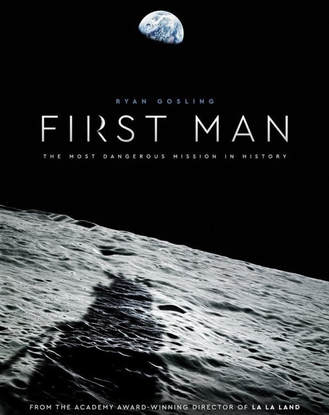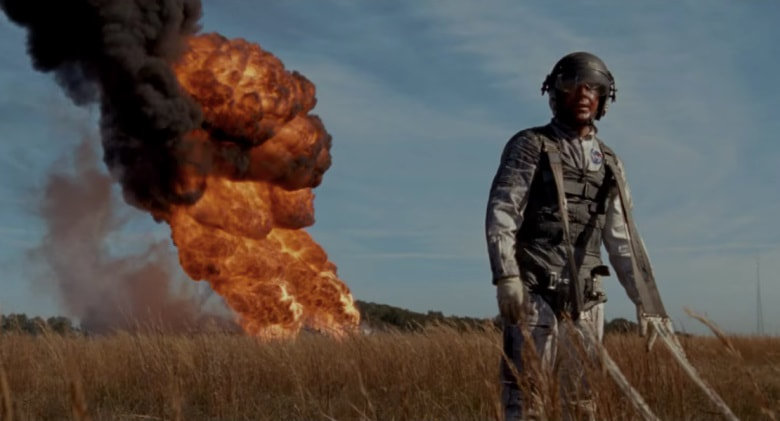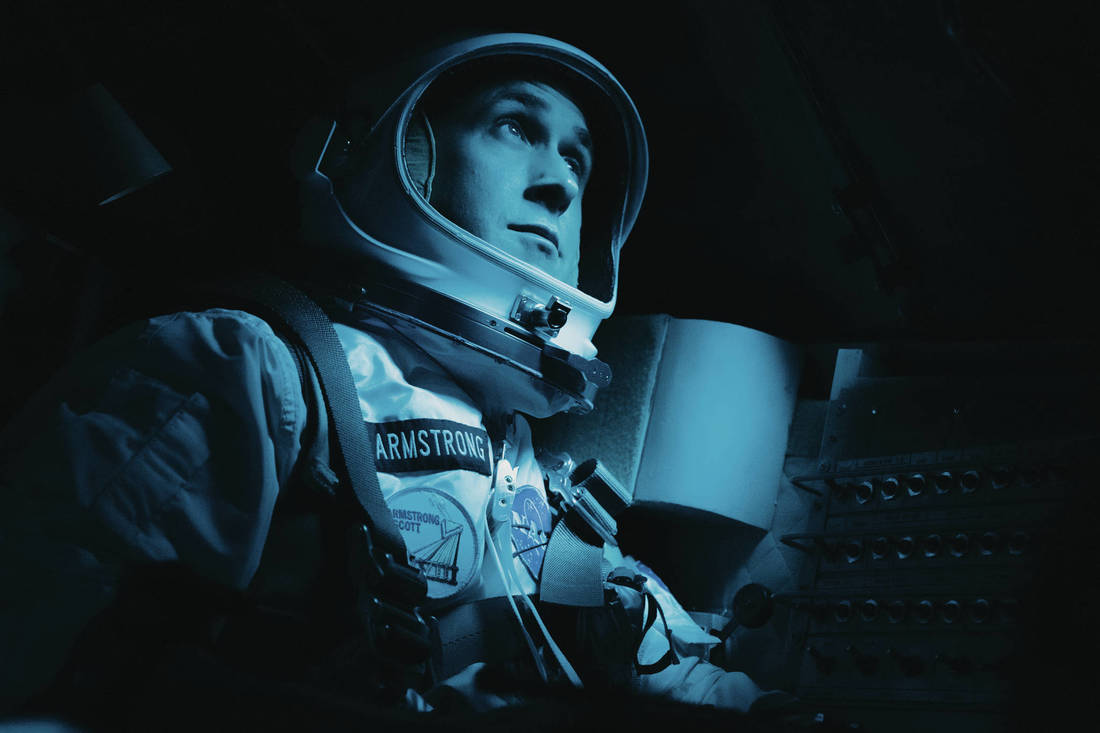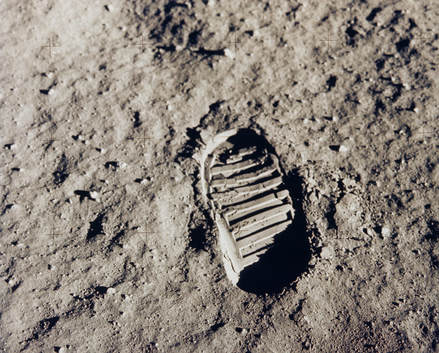
As a self-professed Apollo program aficionado, I feel more qualified than usual to comment on the movie First Man. In short, I would say it was a good movie, and a welcome companion to Apollo 13. The latter movie did a splendid job featuring the teamwork aspect of the Apollo missions. It celebrated the extraordinary feats humans are capable of when they work together towards a single goal.
In stark contrast to Apollo 13, First Man focuses deliberately on the story of one man, the “first” man, Neil Armstrong. Few astronauts were as taciturn as Armstrong, few so anxious to avoid the limelight and yet, somehow it was he who chosen to be the first human to step foot on another world. How did this come to be?
The movie opens with a bone-rattling view from the cockpit of the X-15 rocket plane which seems out of control. For a few brief moments the rattling stops, the tension abates and Armstrong is staring into the black on the edge of outer space. But the euphoria is short lived. Soon he is plummeting back into the atmosphere desperately trying to keep his aircraft in one piece.
So, almost at once, we see Armstrong as a man accustomed to living on the edge. He is a test pilot and a first rate engineer. Many of his colleagues have died doing what he does for a living. High stress is part of his life and he seems to cope with it well; he is a disciplined problem-solver and this goes a long way in explaining how he has survived so many perilous situations. But none of these talents help him with his personal life, in particular with his dying daughter. There is nothing he can do to save her, and though he never speaks about it, her death haunts him for the rest of his life.
Not long after his daughter’s death, Armstrong joins the astronaut corps. He is not among the top tier of candidates, but circumstances change—the death of two fellow astronauts in a flying accident and the incineration of the three slated to fly the first Apollo mission bump Armstrong up the tier.
In a desperate effort to catch up to the exploits of the Soviet space program, NASA announces its intention to land a man on the moon. The Gemini program is the first step in reaching that goal. For the most part, the Gemini missions are wildly successful—until Gemini VIII. Ground control is overjoyed as Armstrong performs mankind’s first successful space docking but, soon after, the spacecraft begins to tumble wildly. Armstrong manages to regain control only seconds before the two Gemini astronauts would have fallen unconscious due to the accelerating spin. The public is not privy to how close this mission came to disaster but NASA officials are fully aware of how much they owe to Armstrong’s steady hand. Later Armstrong does it again, by ejecting from an out-of-control Lunar Lander trainer, just before it crashes to the ground, again saving NASA from a public relations nightmare.
Regrettably, the Command Module Pilot of Apollo XI, Michael Collins, gets very little to say or do in this movie which is a shame because he was a very interesting personality. He wrote a very engaging book about his role in the moon landing called Carrying the Fire—I highly recommend it. The movie gives us a nice—though brief—portrayal of Buzz Aldrin, the second man to land on the moon. Buzz comes off as the odd man out—politically incorrect, almost pompous— repeatedly ruffling the feathers of his fellow astronauts, but, as I said, this movie focuses on the story of one man, the “first” man, which is very defensible since we knew so little about him to start with.
The attention to technical and historical detail is quite good in this movie. I recall one scene in the Armstrong living room where we can see the TV in the background; a newscast shows a Vietnamese mother sobbing—there is no sound. This a reminder of the raging war in southeast Asia at this time—subtle, nicely done. To a man, the NASA astronauts at this time were so focused on their training and missions that that’s what the Vietnamese War must have seemed to them—a silent picture in the background which they did their best to ignore.
Perhaps the most beautiful moments of the movie are the silent ones: Armstrong and Aldrin’s first closeup look at the backside of the moon and its stark and threatening craters. Later, those first seconds when they look out the window after landing on the moon’s surface. No words are needed. It’s miraculous—they made it!
Also there were moments when the movie makers felt compelled to give us the sound of rocket engines when no sound would be heard in the vacuum of space (my biggest beef with the Star Wars franchise!) There would be plenty of vibration inside the spacecraft but no engine sounds.
Also the landscape just before landing looked much rougher than was actually the case for Apollo XI where they made every effort to find the smoothest landing area possible. There is also a scene, late in the movie, where Armstrong is standing at the edge of a crater which is much bigger and deeper than anything he actually saw during his lunar excursion.
But these are minor quibbles. I left the movie with a much deeper understanding of the man Neil Armstrong, and why he was almost uniquely qualified to be the “first man”. I was also left with a sense of the tragedy of his personal life and the sadness that always seemed to hang over him as he recalled the death of his own young daughter and his many flying companions.
The quirks of history and circumstance made Armstrong mankind’s representative as he took his first step on the moon: “one giant leap for mankind.” But, in his heart, he fully knew that it was also no more than “one small step for an [imperfect] man.”



